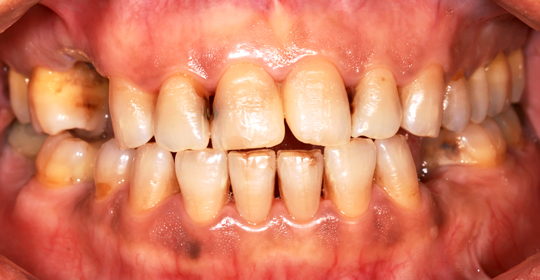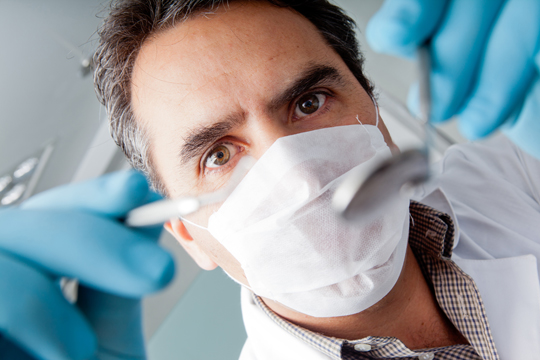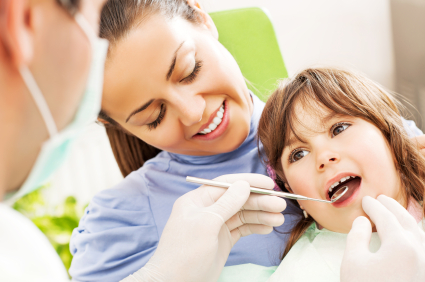Although most of your teeth grow in when you are a child, your final group of teeth, a third set of molars, grow in as you reach adulthood, usually in your later teen years or your early twenties. You will grow four wisdom teeth, one in each of the back corners of your mouth. Unfortunately, wisdom teeth frequently come in unaligned, or without enough room and can harm the rest of your teeth. If your wisdom teeth are becoming a threat to the rest of your teeth, you will usually begin to notice impacted wisdom teeth symptoms.
Impacted Wisdom Teeth Symptoms
– Jawbone discomfort
– Bad breathe
– Tenderness in the gum
– Headaches
– Infection in the area around the sprouting wisdom tooth
– Swelling and/or redness in the gum in the area where your wisdom tooth is coming in
– Swollen lymph nodes under your jaw
– Jaw stiffness
– Difficulty opening mouth
– A hole where the wisdom tooth is coming in instead of the tooth appearing
– Only part of the tooth appearing
If you are noticing these symptoms, you should contact your dentist to find out whether your wisdom teeth need to be removed or not. If your wisdom teeth need to be removed, your dentist may be able to remove them; however, many dentists will refer you to an oral surgeon for wisdom teeth removal. Note that in rare cases impacted wisdom teeth may not result in any symptoms, so it would be wise to consult with your dentist when your wisdom teeth begin to come in, even if you are not experiencing any symptoms. Your dentist can x-ray your mouth to determine the health of your wisdom teeth and whether they are likely to cause damage.
If you do not have a dentist, you can use TalkLocal to on the phone in minutes with up to three high quality dentists in your area that are available when you are.












I have been suffering from tooth pain since last couple of days. My jaw was stiff and I could hardly open my mouth. I had been suffering from headache also. So I decided to consult with a dentist. When I consulted with a dentist in Silver Spring he asked me to go for oral surgery to remove the wisdom teeth which was the main cause of my tooth pain. My dentist also told me that swelling and redness of the gum around the eruption site is one of the most common symptoms of wisdom teeth. You have nicely mentioned a few wisdom teeth symptoms in this post.
Hey thanks for the feedback!